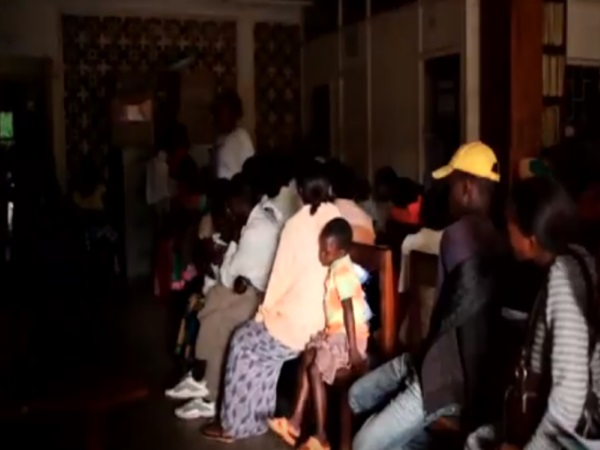The public war over the lack of medicines in health facilities unfortunately ended up being reduced to an individual war putting patients to seeking solace in the Private Sector. Most health centers in the country especially those in the rural area underperform due to poor planning and failure to forecast medical stock-out. Most of these are weak at data management and this has largely affected the quality of services. Samson and Solomon have been studying this problem for quite some time and their research has not disappointed at all. The latest innovation DRUGDASH is a solution to medical stock-out. DRUGDASH a mobile and web application introduced by Samson and Solomon allows medical officers to keep track of medical stock-outs in health facilities. The application was rolled into 10 public health facilities in Bukedea this year. “So the mobile end is for the people at the facility; the medicine in-charges, the people who run the stores to report on the items they have in stock at the facility. The web app now collects all this information that is submitted through the mobile app and then helps do the visualizations for the DHOs and people who seat at the facilities to see what’s happening without even going there.” Said Samson Kapeyi -DRUGDASH App Developer.
Some of the medicines in several health centers expire due to overstocking. As this happens, others suffer from medical stock-out. “If a facility has too much, it’s now able to know that the drugs it has are too many and they will just either expire or be thrown away or disposed of. Now, you are able to move drugs from places that have too much to those who don’t have any.” Said, Solomon Kahuma – DRUGDASH App Developer.
DRUGDASH App was developed here at the International Health Sciences University. Samson and Solomon trained for 6 months in the Applied and ICT Leadership Programme. The programme works with students interested in innovating and they are exposed to tools that make them high-class software developers and bridge the skills gap. “And we work on three areas, we work on the mindset; this is the personal leadership, we work on the skill area, we work with you to identify the skill gaps and how you can work on and deliver on those skill gaps.” The dual work with a team to strengthen their leadership skills a core in the working field. Having successfully completed the pilot, the DRUGDASH team expects to enroll the application to even a large scope. “We have partnered with UHMG which has about 256 facilities in Uganda and then later on through that kind of expansion we are looking to go, East Africa, because the countries like Rwanda that have the potential for ICT and also we want to take up applications like our own.”

